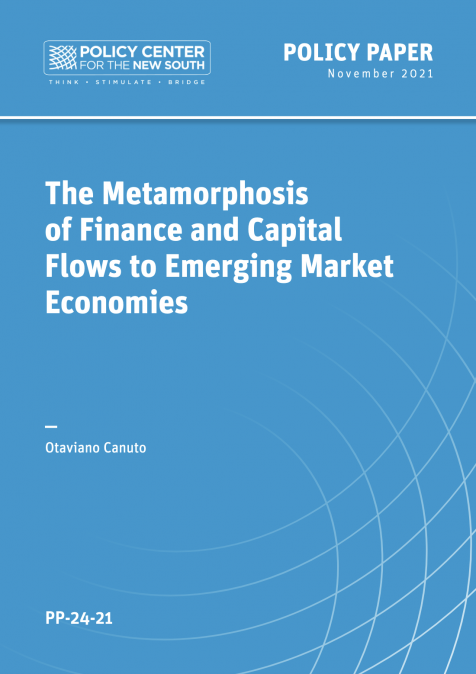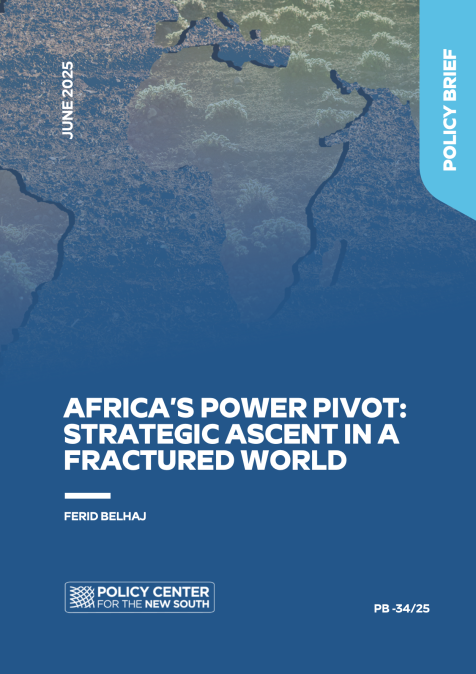Publications /
Policy Paper
The decade after the Great Financial Crisis of 2007–09 brought significant changes in the volume and composition of capital flows in the global economy. Portfolio investments and other non-bank financial intermediaries are responsible for an increasing share of foreign capital flows, while banking flows have shrunk in relative terms. This paper considers the implications of such a metamorphosis of finance for capital flows to emerging market economies (EMEs). After examining capital flows from the global financial crisis to the 2020-21 pandemic crisis, we analyze the extent to which a normalization of monetary policies in advanced economies may lead to shocks in those flows, as well as why exchange rate fluctuations between the U.S. dollar and other major currencies can affect capital flows to EMEs. Finally, we assess the range of policy instruments that EME policymakers tend to resort to manage risks derived from capital-flow volatility.












